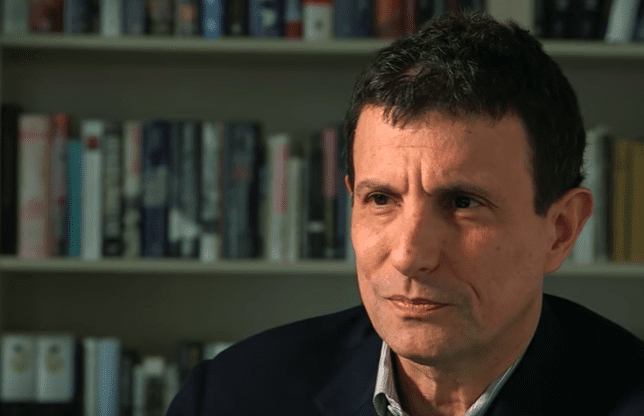The Economist 1, New Yorker 0

The NYT’s Bret Stephens duns The New Yorker editor David Remnick for caving to liberal pressure and disinviting Steve Bannon to its festival. Excerpt from a strong column:
But as a friend recently remarked with respect to another publication that quickly capitulated to online furies, what this really means is that Remnick is no longer the editor of The New Yorker. Twitter is. Social media doesn’t just get a voice. Now it wields a veto. What used to be thought of as adult supervision yields — as it already has in Congress and at universities — to the itch of the crowd.
And not just the crowd. As Remnick acknowledged, members of his own staff also revolted at the invitation. One of his writers, Kathryn Schulz, took to Twitter to say she was “beyond appalled” and invited readers to write Remnick in order to add their voices to the pressure.
That’s an astonishing statement coming from any journalist who believes that the vocation should largely be about putting tough questions to influential people, particularly bad people. If speaking truth to power isn’t the ultimate task of publications such as The New Yorker, they’re on the road to their own left-wing version of “Fox & Friends.”
As a longtime subscriber, I wish to protest that the Trump presidency has ruined the political cartoons in the magazine. They’re like a liberal version of that Kinkadey Mormon Trumpophile painter.
More Stephens:
In the meantime, it’s worth considering what Remnick’s disinvitation has actually achieved. Here’s my list:
It has kept Bannon’s name prominently in the news, no doubt to his considerable delight. It has turned a nativist bigot into a victim of liberal censorship. It has lent credence to the belief that journalists are, as Bannon said of Remnick, “gutless.” It has corroborated the view that the news media is a collection of left-wing group thinkers who, if they aren’t quite peddling “fake news,” are mainly interested in advancing only their own truths. It has kept readers of The New Yorker locked in their usual echo chamber. It has strengthened the belief that vulnerable institutions can be hounded into submitting to the irascible (and unappeasable) demands of social media mobs. Above all, it has foreclosed an opportunity to submit Bannon to the kind of probing examination that Remnick had initially promised, and that is journalism at its best.
Today The Economist‘s editor in chief showed how to handle this kind of thing:
IN LIGHT of the criticism of my decision to interview Steve Bannon on stage as part of The Economist’s Open Future festival on September 15th, I would like to explain why we invited him.
The Open Future festival is the culmination of an initiative to mark this newspaper’s 175th anniversary. Our goal is to remake the case for liberal values in the 21st century by engaging in a global conversation about our world view with our supporters and, crucially, our critics.
Our premise has been that progress is best achieved when ideas are tested in open debate. For the past five months the Open Future initiative has spawned a vibrant discussion online on the prospects for free markets and open societies. We have included contributors with whose views we agree and disagree; we have hosted debates on controversial subjects.
The event on September 15th will be a live continuation of these conversations. A variety of prominent people will appear on panels and in other forums. It will be a day of robust argument, where ideas and individuals are challenged.
Mr Bannon stands for a world view that is antithetical to the liberal values The Economist has always espoused. We asked him to take part because his populist nationalism is of grave consequence in today’s politics. He helped propel Donald Trump to the White House and he is advising the populist far-right in several European countries where they are close to power or in government. Worryingly large numbers of people are drawn to nativist nationalism. And Mr Bannon is one of its chief proponents.
The future of open societies will not be secured by like-minded people speaking to each other in an echo chamber, but by subjecting ideas and individuals from all sides to rigorous questioning and debate. This will expose bigotry and prejudice, just as it will reaffirm and refresh liberalism. That is the premise The Economist was founded on. When James Wilson launched this newspaper in 1843, he said its mission was to take part in “a severe contest between intelligence, which presses forward, and an unworthy, timid ignorance obstructing our progress.” Those words have guided us for 175 years. They will guide our debates at the Open Future festival on September 15th. That is why our invitation to Mr Bannon will stand.
Zanny Minton Beddoes
Editor-in-Chief, The Economist
Well done! I bet David Remnick wishes he had said that.
Subscribe for as little as $5/mo to start commenting on Rod’s blog.